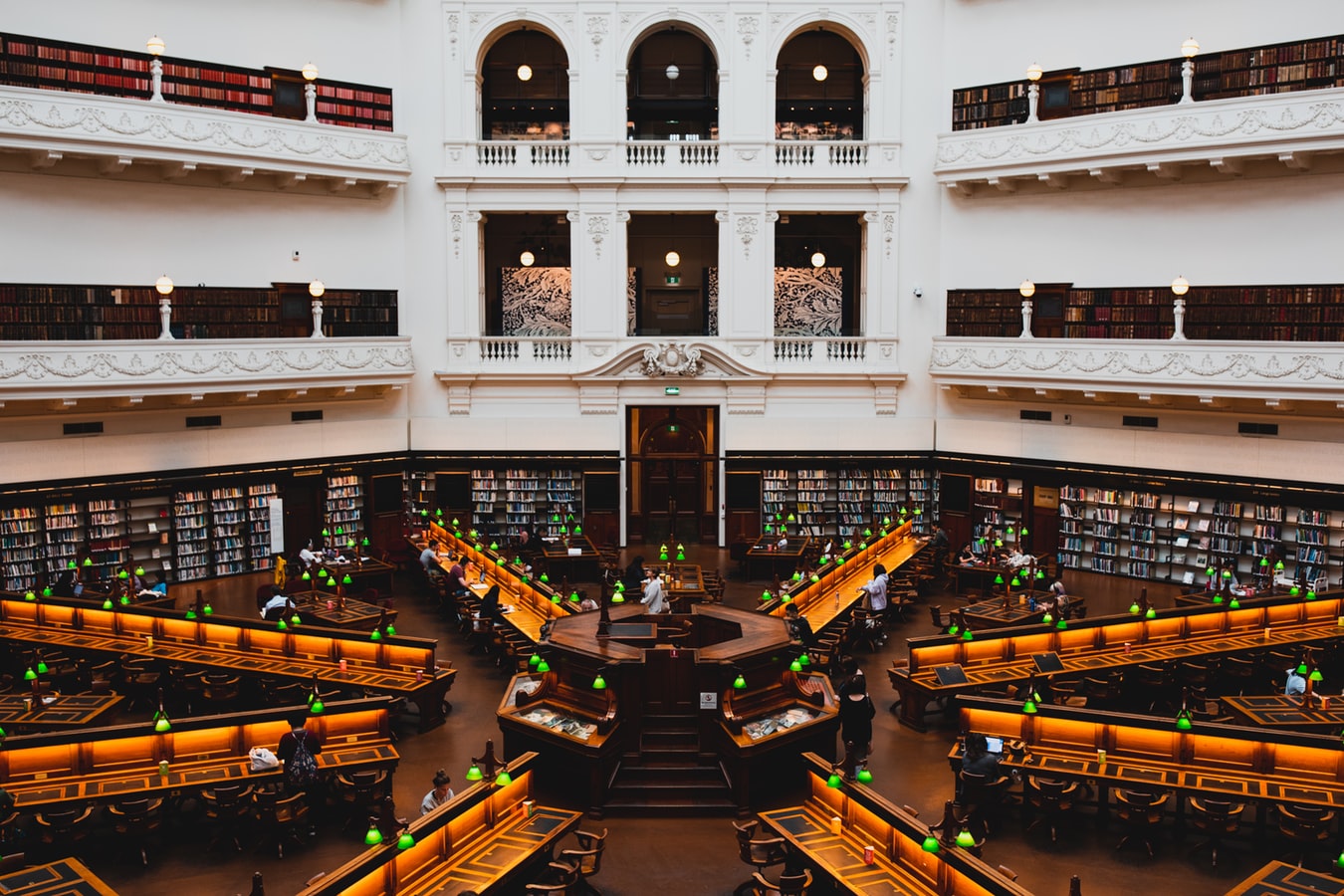The recent escalation of U.S. tariffs on Chinese imports to 145%, and China’s retaliatory 125% tariffs, has reignited fears of a destabilizing global trade war. At V20MM, we analyse this development not just through economic metrics, but through its implications for equitable development, global solidarity, and the urgent need for nations like South Africa to fortify their economic sovereignty.

What Happened?
• EU: Paused retaliatory measures, advocating diplomacy over escalation.
• UK: Warned of “collateral damage” to global growth, urging stability.
• Markets: U.S. indices (S&P 500, Nasdaq) plunged, reflecting investor anxiety.
V20MM Insight: Unilateral policies undermine multilateral cooperation, a cornerstone of equitable global governance .

• Consumers: Projected 1.1% drop in U.S. GDP growth and rising prices for everyday goods.
• Developing Nations: Currency volatility (e.g., rand instability) and disrupted supply chains could deepen inequality.
Risks include:
1. Import Costs: Higher prices for Chinese-manufactured machinery/U.S. tech components.
2. Commodity Shocks: Shifting demand could impact platinum, coal, and agricultural exports.
3. BRICS Tensions: Geopolitical friction may strain forums where SA advocates for Global South solidarity.
• Boost Local Tech: Invest in SA’s manufacturing and renewable sectors to build self-reliance.
• Strengthen Forex Reserves: Buffer against rand volatility driven by global uncertainty.
• Champion Multilateralism: Use platforms like BRICS and the AU to advocate for fair trade rules.
• Empower SMEs: Shield local businesses from external shocks through subsidies and tech grants.
• Prioritize People Over Profits: Ensure trade policies align with social justice, not just GDP metrics.
Trade wars are not mere boardroom dramas, they ripple into homes, workplaces, and markets worldwide. At V20MM, we believe crises like these demand participatory solutions: inclusive dialogue, ethical leadership, and policies that place people at the centre.
